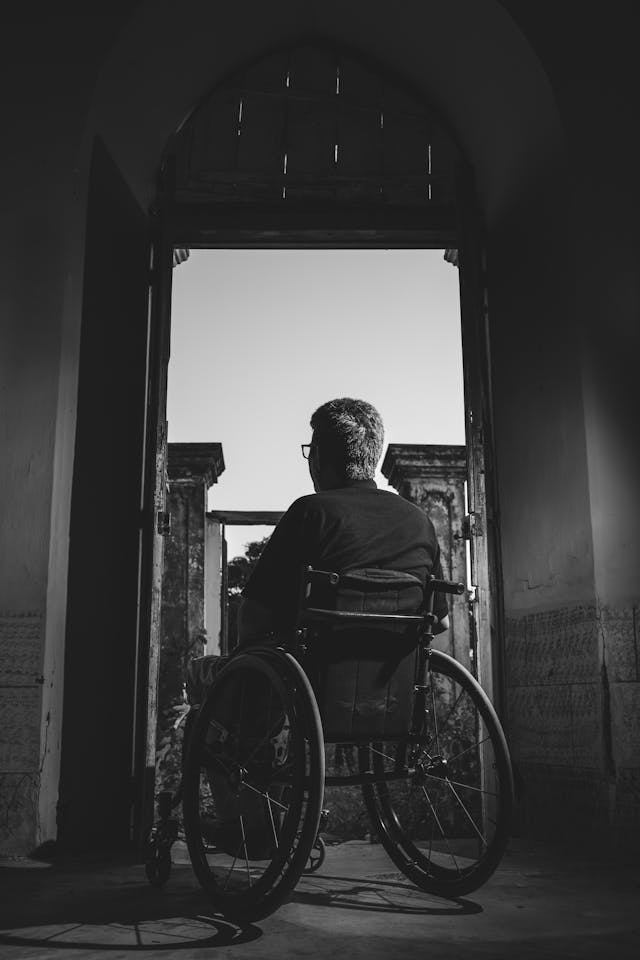What happens to individuals with disabilities, such as blindness, paralysis, or other debilitating ailments, in the afterlife? Do they still carry these conditions beyond physical existence?
The short answer is no, unless they prefer to do so temporarily. When we ‘separate’ from our physical bodies, we leave behind all aspects associated with our physical form. Although some may require more ‘time’ or ‘effort,’ eventually, this separation occurs. Most accounts of visitations from the other side depict a younger and healthier version of the individuals we once knew. This transformation is understandable since we are no longer tethered to a physical body that, in many cases, is burdened by ailments.
As we explore the concept of the afterlife, another question emerges: without a physical body, do we ‘float’ around? While the answer remains mysterious, it is believed that we will have some form of physicality, albeit different from what we know. Instances of intermittent physical contact from the other side suggest that although we discard our physical bodies, we continue in a physical form at another level. While I do not claim to have definitive answers, I find this notion intriguing.
It is comforting to consider that death is not the end, but rather a transition that is, in many ways, liberating—a reassuring thought for many



